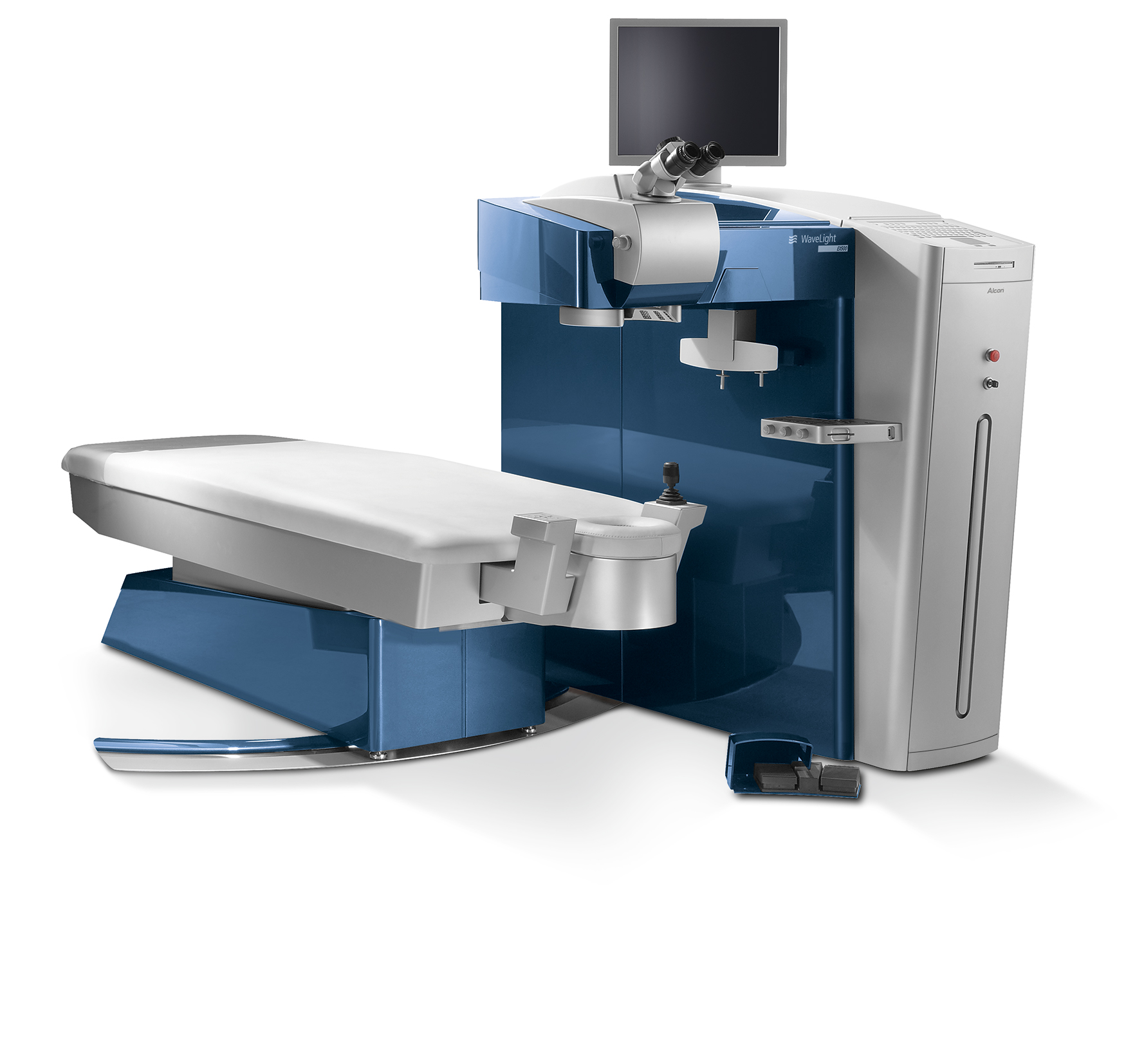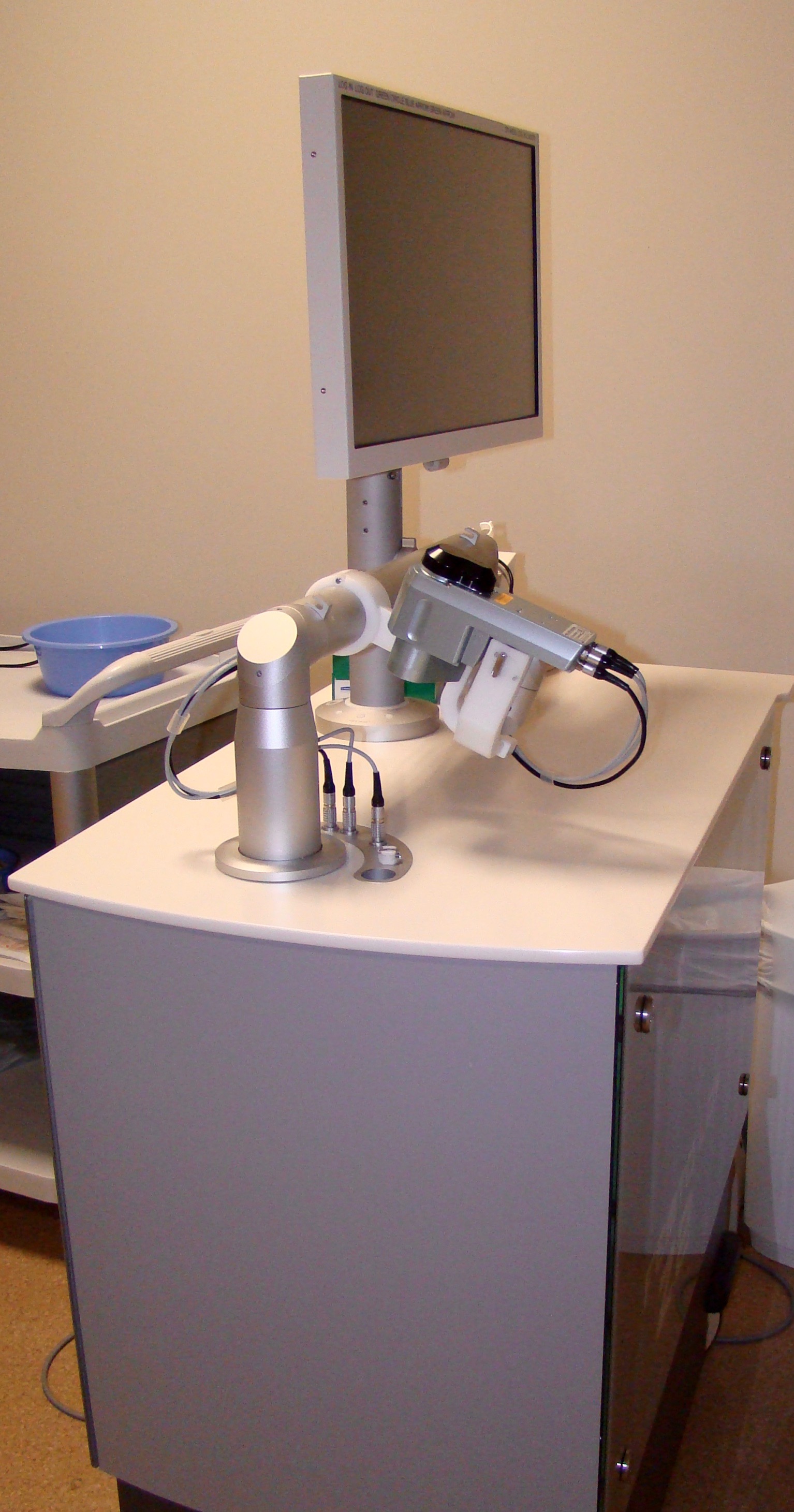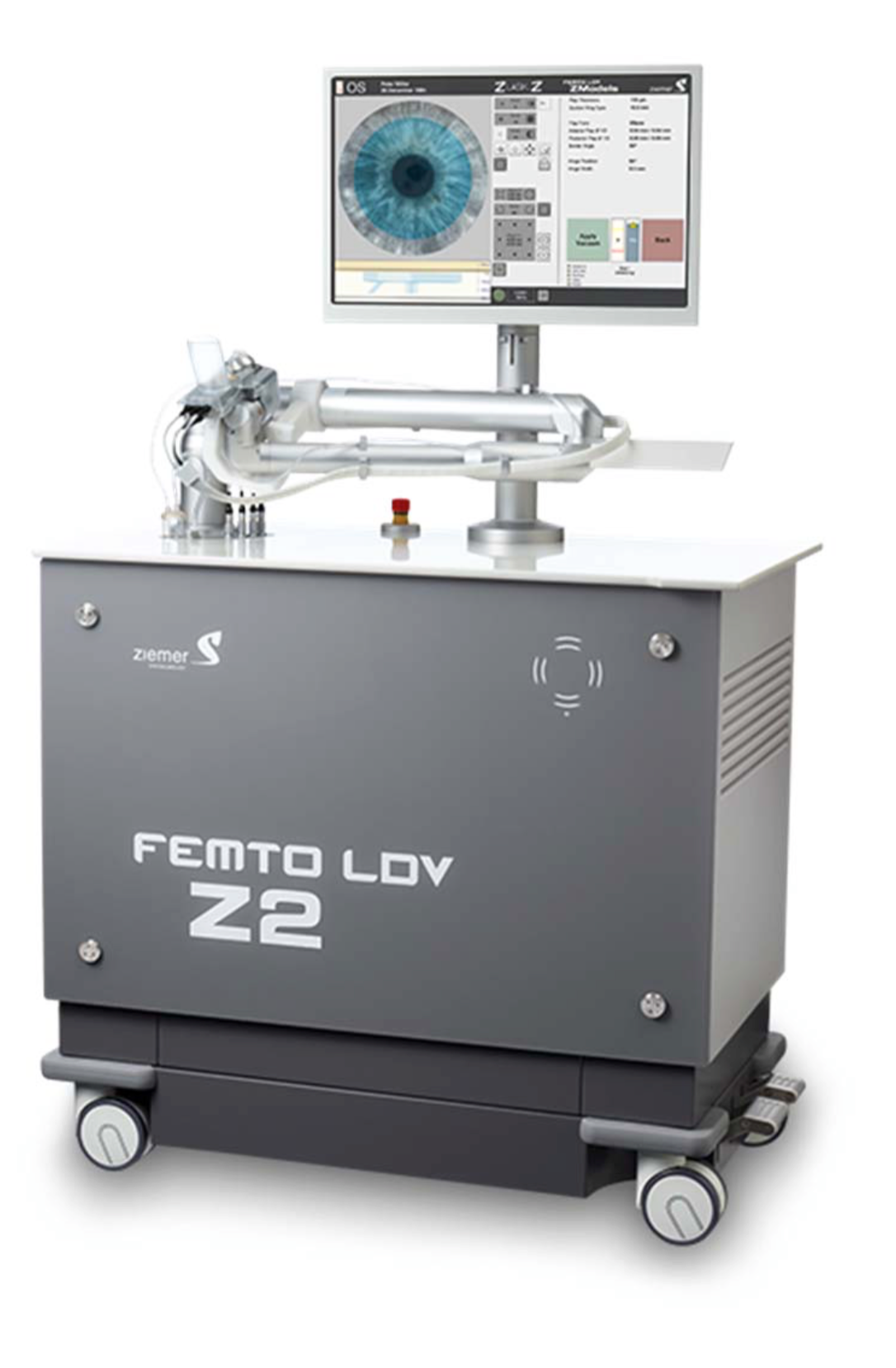LASIK Facts
What is LASIK?
LASIK is the latest procedure for vision correction. It is a two-stage procedure in which first a hinged flap is created on the cornea. This flap is lifted back and the surface underneath is reshaped, thus changing its focusing power, by an excimer laser. Then the flap, which is a protection for the reshaped area, is returned to its original position where it heals quickly and without stitches.
What is Z-LASIK?
In conventional LASIK, a blade is used to make the flap. Z-LASIK however is a more advanced technology which uses Ziemer FEMTO LDV™ femtosecond laser to create the flap. There is no need for a blade as it is an all-laser procedure.

What are the advantages of Z-LASIK?

Short visual recovery
First improvements are noticeable within minutes of completion of the procedure and good visual results are usually reached within four hours.
Short total procedure time
Thanks to the FEMTO LDV femtosecond laser, which is used as an integrated part of the excimer laser, there is no waiting time between the two steps of the procedure. This means that Z-LASIK takes usually less then 10 minutes as compared to often 20 minutes or more.
The high precision FEMTO LDV laser provides for superior results
FEMTO LDV laser uses an incredibly fast sequence of tiny light pulses to generate the smooth surface necessary for optimal vision correction, in the corneal tissue. This occurs precisely to within one hundredth of a millimetre. Due to its high precision, the FEMTO LDV laser enables the surgeon to tailor the procedure according to the very unique characteristics of each patient.
4 reasons for Z-LASIK® laser vision correction
Safety
Technologically the most advanced procedure, based on experience from over 2,000,000 procedures. The risk of undesirable side effects is minimized.
Short recovery time, instant improvement
First improvements are noticeable within minutes of completion of the procedure and optimal visual results are usually reached within four hours.
Fast Procedure
Both eyes can be treated in under ten minutes. The time the laser is in contact with the eye is reduced to a minimum.
Superior Results
Thanks to FEMTO LDV™ laser vision, sight is corrected precisely to within one hundredth of a millimeter. Due to its high precision, the FEMTO LDV™ laser enables the surgeon to tailor the procedure according to the unique characteristics of each patient.
